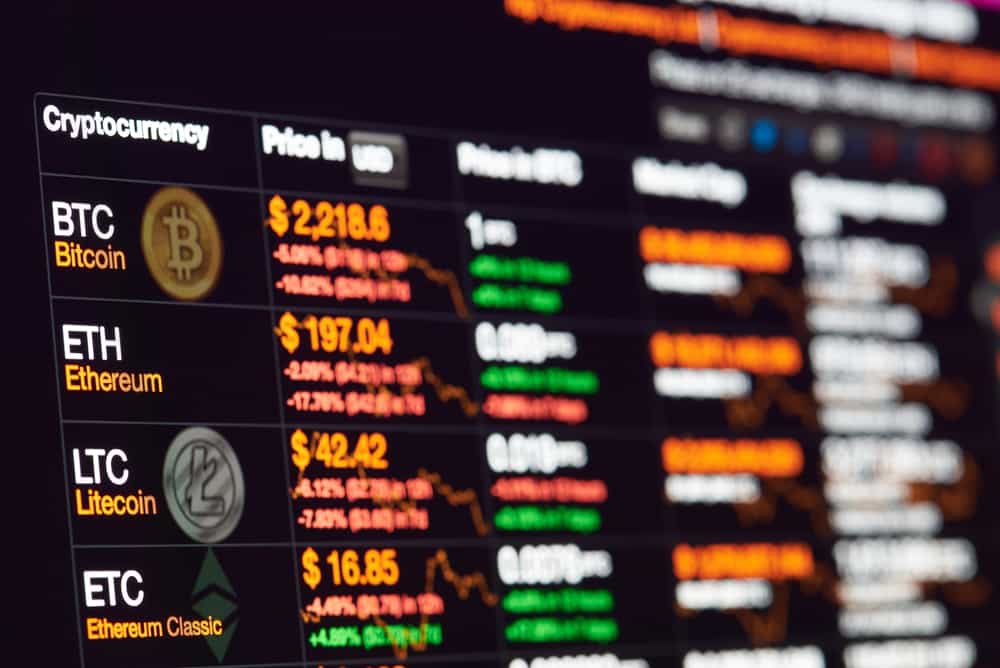The cryptocurrency market has been riding high, with Bitcoin, Ethereum, Litecoin and others reaching all-time highs. That has investors and traders cheering, but it is essential for both experienced buyers and newcomers to exercise caution.
Buying cryptocurrencies is not like buying stocks, bonds, mutual funds and other traditional investments. The very anonymity that makes Bitcoin and other cryptocurrencies so attractive also presents challenges for the unwary, and many people have experienced these issues firsthand.
If your credit card number or bank account information is stolen, you can easily reverse the charges with a simple phone call or letter to the bank. Since every banking and credit card transaction is traceable to an individual user, getting your money back is no big deal.
The same is not true of transactions in the world of cryptocurrency. The blockchain ensures the anonymity of every transaction, so tracing a single purchase back to the purchaser can be very difficult if not impossible. Furthermore, reversing a cryptocurrency transaction, even a fraudulent one, is all but impossible. If your ATM card is stolen, you can probably get your money back. If your Bitcoins are taken, you are most likely out of luck.
A Digital Form of Cash
You can think of Bitcoins and other cryptocurrencies as a form of digital cash. Just like the cash in your wallet, the loss of the coins you hold on the exchanges are probably gone forever if the exchange is hacked or the money is stolen.
That is why keeping your coins on the exchanges other than when you are actively trading them is a bad idea. Keeping your Bitcoins and other cryptocurrencies on an exchange may be convenient, but it can also be quite risky.
Two Basic Choices
If you are new to the cryptocurrency market, you will have two primary choices when you make your first investment. You can keep your coins on the exchange, which, as stated earlier, is not a great idea. You can also store your coins “offline” – in a hardware wallet or a paper wallet.
There are many reasons why the offline method is the best (and safest), this is discussed in much more detail in our post here. When you keep your coins in a hardware wallet or print the keys and secure them with a paper wallet, you are in control of those investments. Since the coins are stored offline, no one can hack in and access them.
A History of Hacks
The history of cryptocurrency is relatively short, but in that short time, there have been some high profile hacks. The biggest is probably the Mt. Gox heist, a giant theft of digital currency that left untold numbers of buyers high and dry. The damage was so severe that Mt. Gox ceased operations, leaving many Bitcoin investors with little recourse and little chance of getting their money back.
The Mt. Gox heist may have been the biggest digital heist, but it is in no way the only one. There have been other hacks of major cryptocurrency exchanges, and many of them have cost investors every penny they had on the exchange.
Then there are the exit scams, a growing problem for cryptocurrency investors. Some exchanges essentially trap the money in their virtual walls, forcing traders to pay high fees to get their own money back. These exit fees are yet another reason why keeping your coins on the exchanges is a bad move. If you want to protect your investment, do yourself a favor and get a hardware wallet or paper wallet.
